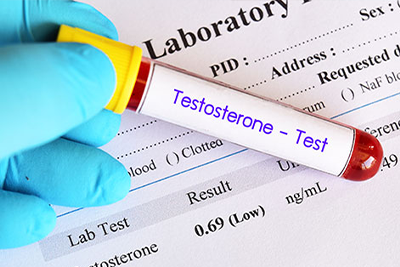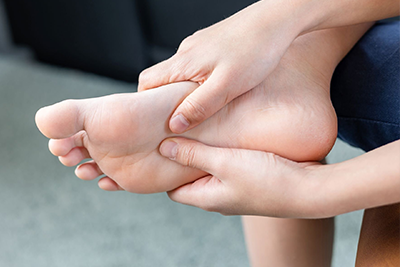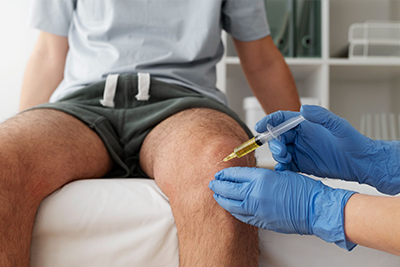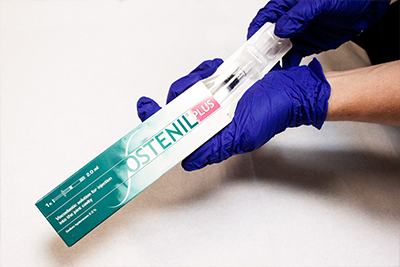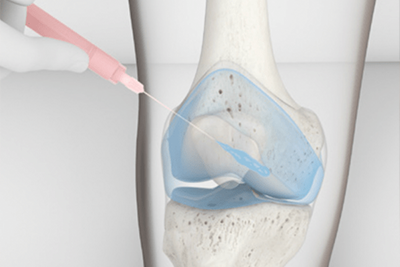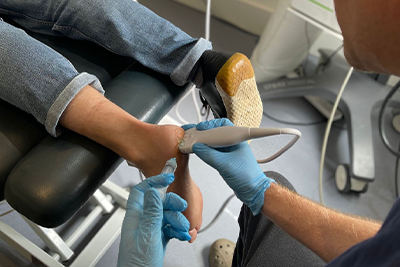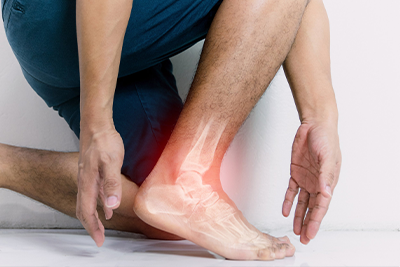If you were fairly active before your pregnancy and loved to run, getting back in the grove might well be a priority once you have given birth.
In between changing nappies and sleepless nights, of course, you’ll probably want to know when it’s safe to start pounding the roads and how to best start again without damaging your health.
There are relatively few guidelines available for post-pregnancy mothers who want to get back on the track or jog around the park.
Here we take a closer look at the issues and suggest how to sensibly plan your return to running.
Return to Running After Pregnancy
1. The Body After Pregnancy
While giving birth is a wonderful thing, it does leave the mother with a few physical changes to overcome. The pelvic floor is weakened following birth especially if the muscles were not trained before.
Common health issues that a new mother might face if they start running too early include musculoskeletal pain, urinary incontinence, abdominal separation and, in rare circumstances, pelvic organ prolapse. Running is considered a high impact sport and, as such, can cause profound changes if it is started too early.
Running generally makes the individual take the equivalent of about two and a half times their body weight through the legs, feet and ankles. This force is also transmitted upwards towards the pelvic region which is why the sport can cause problems. Carrying extra weight after pregnancy can also compound potential problems.
That’s why it’s important to ensure that recovery from pregnancy is optimal before you begin running again.
2. Returning to Exercise After Pregnancy
The current advice for returning to running and other high impact exercise after pregnancy is that you should wait for at least three months, preferably up to six months. Obviously, each individual is different and may have complications or issues that will affect this timeline. That’s why recommendations say postnatal women can benefit from individual assessments and it’s important to get support and advice.
Postnatal women need time to heal, especially in areas such as the pelvic floor and abdominal muscles. Exercise within the first three months should be very low impact and be backed up with regular pelvic assessments.
3. How to Start Running
It’s important to err on the side of caution and take things slowly and we can’t emphasise this enough. It’s essential also to work with a medical professional to ensure you are ready for running activities and to monitor progress once you start.
While the current guidelines have not been completely ironed out by the NHS, building slowly certainly makes sense. We suggest that you run gently for just a couple of minutes, to begin with, gradually building up over a period of time.
It can be tempting to simply try and fit into the regime that you used to have before pregnancy so planning each outing and sticking to a strict regime may well be the best way to avoid overdoing things.
If you begin running and any of the following issues occur, it is important to stop immediately and seek medical advice:
- You feel a heaviness in the pelvic area as this could be due to prolapse.
- You suffer from urine leaks or are unable to control bowel movements.
- You notice a gap in your abdominal wall or have a pendular abdomen, something which is associated with Diastasis Rectus Abdominis or DRA.
- You have regular blood loss which is not part of your monthly cycle.
- You are suffering from lower back or pelvic pain.
Most current expertise suggests that you should be increasing your running up to the required level at a rate of about 10% a week. Concentrate on building time and distance rather than working on your speed in the initial stages and include walking breaks at regular intervals.
If you are serious about your sport and are intending to run a race or event, it is sensible to work with a coach who has experience of dealing with athletes who have just gone through a pregnancy.
How a Chiropractor Can Help
Chiropractors can also provide help with strengthening the pelvic floor and abdominal muscles that have been weakened following pregnancy. They can offer advice on things like posture and diet that can all affect recovery and work with you so that you can safely return to running.
Related Articles
- Osteopathy During Pregnancy
- How to Manage Back Pain During Pregnancy!
- Pelvic dysfunction is not life threatening – but it can be life limiting!
- Sports Massage Benefits
- Runners Knee, a Recipe for a Pain-Free Knee


